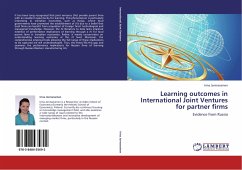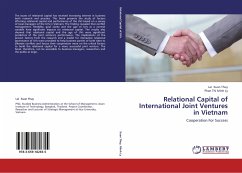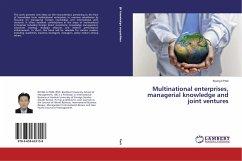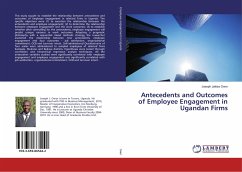It has been long recognized that joint ventures (JVs) provide parent firms with an excellent opportunity for learning. This phenomenon is particularly interesting in transition economies, such as Russia, where local governments have promoted the establishment of JVs due to a belief that local firms can benefit from acquisition of foreign firms technological and managerial knowledge. However, the JV literature to date lacks empirical evidence of performance implications of learning through a JV for local parent firms in transition economies. Rather, it mainly concentrates on understanding learning outcomes at the JV level. Moreover, the comprehensive empirical tools allowing the full range of these implications to be captured are still underdeveloped. Thus, this thesis fills this gap and examines the performance implications for Russian firms of learning through Russian-Western manufacturing JVs.








